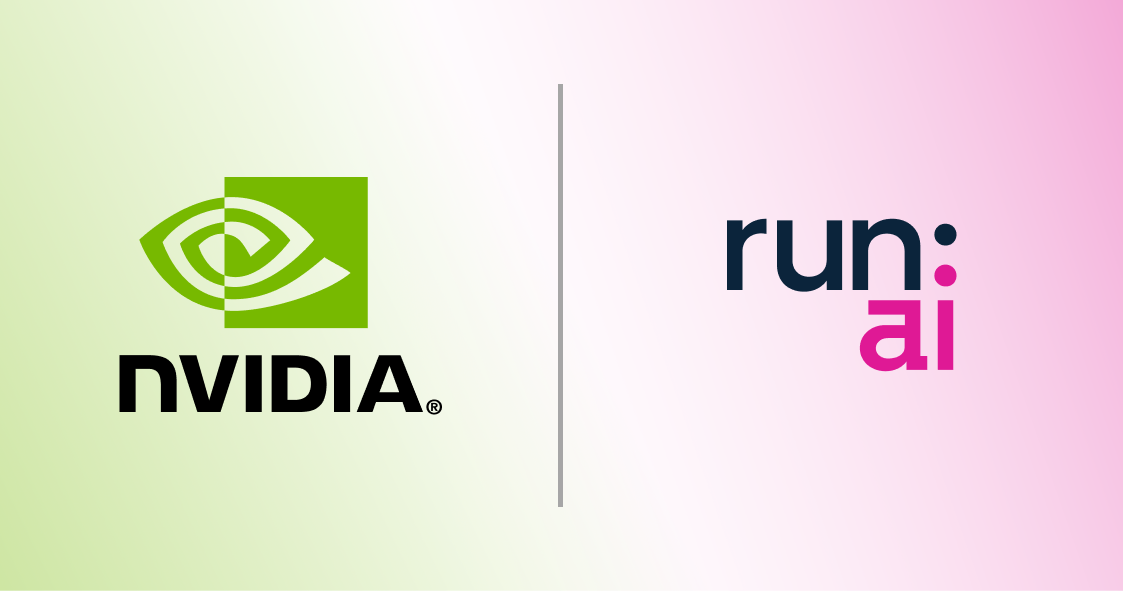Nvidia snaps up Israeli AI infrastructure company Run:ai

Nvidia has finalized its acquisition of Run:ai, an Israeli startup specializing in AI infrastructure management software. In an interesting twist, the company plans to open-source its previously proprietary software stack.
The acquisition, which was first announced in April, brings Run:ai's expertise in AI resource management under Nvidia's growing umbrella. Founded in 2018 by Omri Geller and Ronen Dar, Run:ai has been a close Nvidia partner since 2020.
Under Nvidia's ownership, Run:ai said it will continue to help customers optimize their AI infrastructure and GPU systems, whether on-premises, in the cloud, or through Nvidia's DGX cloud service.
In what may be the most significant post-acquisition change, Run:ai also announced it's making its software open source. This move could potentially allow the platform, which previously only worked with Nvidia GPUs, to support other hardware platforms in the future.
Run:ai's main product, the Atlas platform, works like a smart traffic controller for AI computing resources. It takes all of an organization's computing power and automatically distributes it across different AI tasks running in parallel. Their customer base includes both Fortune 500 companies and startups across various sectors, including finance, automotive, and healthcare.
Nvidia further expands its presence in Israel
While Nvidia hasn't officially disclosed the purchase price, Israeli business publication Calcalist reported in April that the deal was worth around $700 million (via Bloomberg). Run:ai had previously raised a total of $118 million in funding, with its most recent Series C round of $75 million led by Tiger Global and Insight Partners.
This deal marks Nvidia's second major investment in Israel, following its $7 billion purchase of Mellanox Technologies in 2020. However, the Mellanox acquisition is now facing fresh scrutiny - Chinese state television reports that authorities are investigating Nvidia for potential antitrust violations related to that deal, even though China initially approved it in 2020.
AI News Without the Hype – Curated by Humans
As a THE DECODER subscriber, you get ad-free reading, our weekly AI newsletter, the exclusive "AI Radar" Frontier Report 6× per year, access to comments, and our complete archive.
Subscribe nowAI news without the hype
Curated by humans.
- Over 20 percent launch discount.
- Read without distractions – no Google ads.
- Access to comments and community discussions.
- Weekly AI newsletter.
- 6 times a year: “AI Radar” – deep dives on key AI topics.
- Up to 25 % off on KI Pro online events.
- Access to our full ten-year archive.
- Get the latest AI news from The Decoder.